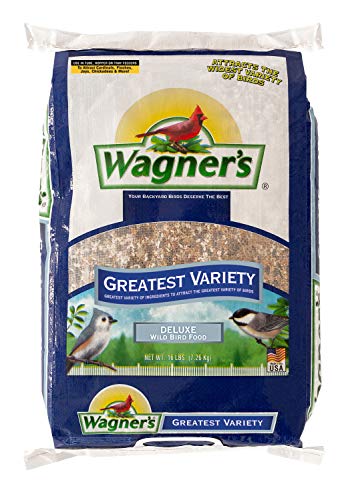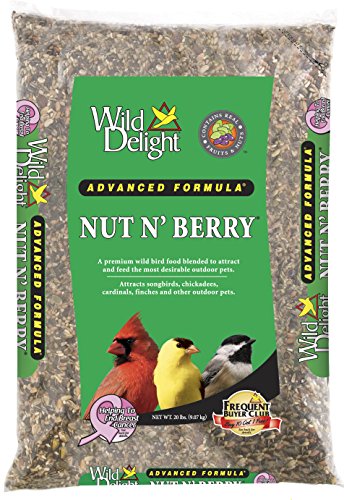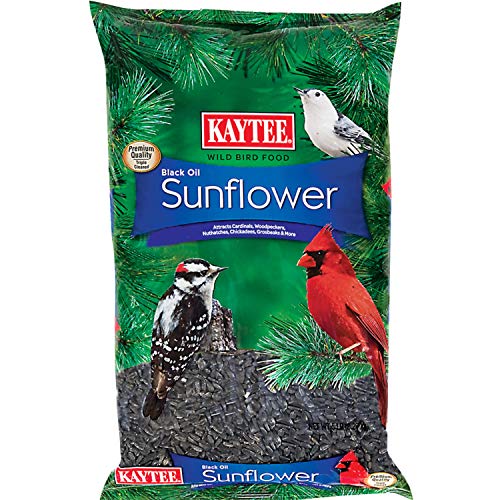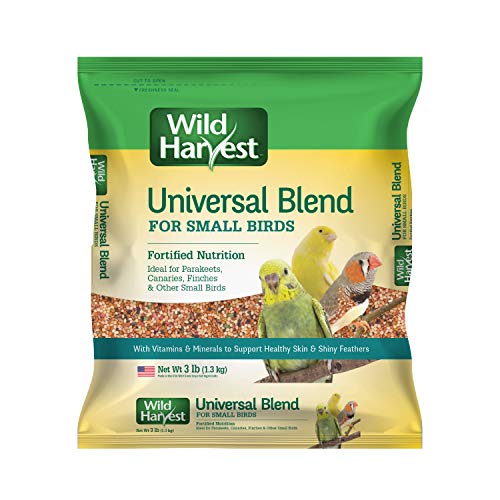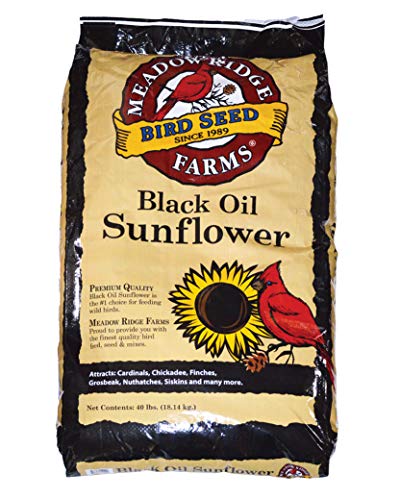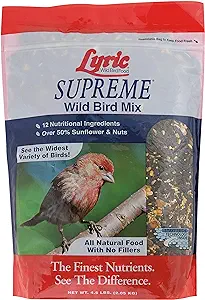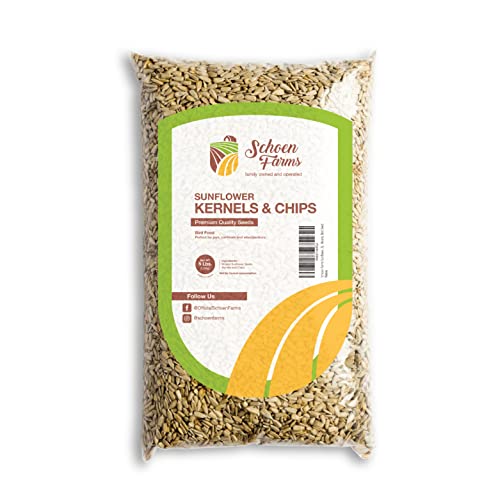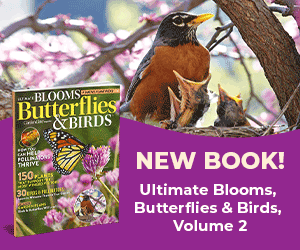Step into the delightful realm of bird seeds with our comprehensive guide. A bird enthusiast's treasure trove, this guide unveils the wonders of selecting the perfect blend to attract a symphony of feathered friends to your backyard. From sunflower seeds to millet, delve into the diverse world of avian nutrition and preferences. With our top choice, the Wagner’s Variety Blend Wild Bird Food, you can create a vibrant and dynamic ecosystem right outside your window.
Our Top Picks For Bird Seeds
Best Bird Seeds Buying Guide
There are so many varieties of bird seed available; you may face a difficult decision when deciding between our recommendations. However, we have provided this handy buying guide to help you understand what to look for in all our products.
Things to consider when buying the best bird seed
When choosing birdseed, there are several things you should consider to ensure you get the best product. Having a list of ingredients and features that you want before you start to shop will save you a lot of time and prevent you from buying something that birds won’t be interested in.
Which birds visit your garden?
When choosing the best bird feed, it is better to select a feed based on what birds currently visit your garden. The local birds that are already visiting your garden will come to it more regularly. Other passing birds will see the regular birds feed and be drawn to the feeding area. Eventually, you will attract a wider variety of birds and can change your bird feed accordingly. You may wish to buy more than one bird feeder to keep the different seeds separate and have other designated bird type areas.
The most common birds you may see in your garden are mourning doves, downy woodpecker, American robin, American crow, European Starling, house finch, house sparrow, American goldfinch, and hummingbirds.
Remember, different types of birds prefer different seeds.
To get the best bird seed, you could bird-watch in your garden and see what creatures come to visit. You can then write a list of the birds and figure out the best seed mix for your visitors. Then, when you have a list of birds, you can look up what they eat on the internet and mix and match bird seeds to create the perfect blend.
Sunflower seeds
The most popular seeds for birds are sunflower seeds. You will see that this makes up the largest percentage of most good-quality birdseed packs. Songbirds like black oil sunflower seeds. They are the most common sunflower seed used as bird feed. Larger striped sunflower seeds are more suited to larger birds that have stronger bills. Hulled sunflower seeds are easier to eat for smaller birds. Sunflower seeds are eaten by house Finches, chickadees, titmice, grosbeaks, jays, cardinals, nuthatches, sparrows, woodpeckers, goldfinches, and doves.
Nyer
Nyer seeds are small and thin and one of the preferred seeds for small birds like Clinging Finches to eat. This seed is high in calories and will help your feathered friends survive the winter. These seeds are light and can blow to the ground quickly, so make sure the bird feeder you are using holds the seeds securely. Nyjer seeds are preferred by purple finches, goldfinches, pine siskins, quail, and redpoll.
Millet
Millet is a tiny white seed commonly used in birdseed. It is preferred by sparrows, quail, doves, juncos, wild turkeys, and buntings.
Safflower seed
Safflower seeds have a thick and robust shell that can only be eaten by larger birds with strong bills. This is a popular seed for bird feeders because squirrels don’t particularly like them. safflower seed is preferred by nuthatches, cardinals, woodpeckers, jays, and house finches.
Cracked corn
Cracked corn is not suitable for smaller birds but is preferred by sparrows, towhees, jays, grouse, doves, quail, grackles, blackbirds, wild turkeys, and ducks. This is better used sprinkled on the ground, as it is preferred by ground-feeding birds.
Milo
Milo is a large red seed that is often used as a cheap filler. Some birds do eat it, but not many, so avoid this seed unless you are explicitly feeding ducks, doves, quail, grouse, or wild turkeys.
Mix proportions
When choosing a blend with different seeds, select a larger proportion of popular seeds, such as millet or sunflower. Lower quality mixes often have more fillers like cracked corn, milo, oats, wheat, or other grains that aren’t as popular with birds.
Freshness
There are several things to look out for when making sure the seeds are fresh. Fresh seeds will not have empty hulls, excessive dust, or inedible debris in the mix. Also, search the seeds for any sign of mildew, mold, or insect infestation. Signs of an insect infestation are clumps, worms, webbing, feces, and moths.
Buy in bulk
Buying in bulk can save you money. However, you should buy a smaller pack first to ensure you are happy with the quality. Only purchase the amount of seed you can feed to your birds before it becomes stale or spoiled.
Pesticides
Some pesticides and insecticides can be toxic to birds. Only buy birdseed that has not been triaged with pesticides or insecticides.
Bird seed price range
Birdseed can range in price from as little as $2 and as much as $250 when buying in bulk.
How we choose our bird seeds
We consider numerous things when it comes to picking bird seeds for our list of recommendations. For example, we think of factors like ingredients, customer reviews, and value for money. But rest assured, we’ll only suggest bird seeds that’ll make your garden a massive hit with the local birds.
Bird Seed FAQ
How many seeds do birds eat in a day?
How much a bird eats in a day depends on its size. On average, birds eat approximately ¼ to ½ of their body weight. For example, a bird weighing 4lb would eat between 1lb and 2lb its weight in seeds. A bird will need to eat more in winter as it burns off more calories during colder months.
How much does a bird drink during the day?
A wild bird needs to drink at least twice a day—more during warm weather. So make sure you provide birds with water using a birdbath in both summer and winter. During dry winters, birds can struggle to find a water source as much as during hot, dry summers.
Can you feed birds anything else?
As well as all the ingredients on our list, you can also feed birds dried fruit such as raisins, sultanas, and currents. They also like mild grated cheese and various worms, which you can purchase from pet stores.




